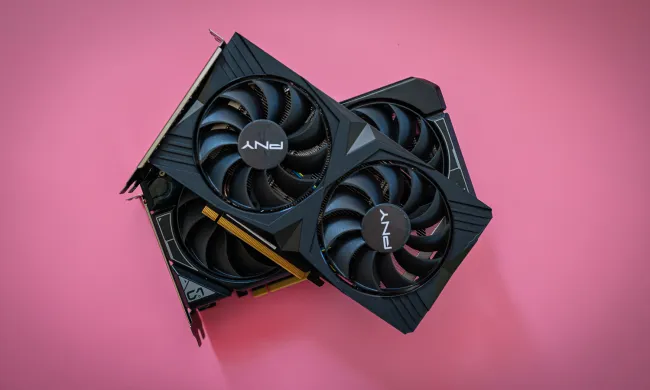For decades at this point, there’s been one nugget of knowledge universally passed down from veteran PC builders to newbies — look for an 80 Plus rating on your power supply. It doesn’t matter what 80 Plus rating, and you don’t even need to know what the badge means. But for years, that symbol has separated good power supplies from the swath of no-name boxes that could catch on fire at a moment’s notice. That’s changing with the Cybenetics certification.
You might not have heard of Cybenetics, but it’s been an alternate certification to 80 Plus for several years. Brands like Cooler Master, Thermaltake, and MSI have slowly transitioned to using Cybenetics certifications alongside an 80 Plus badge. But now Corsair, which is one of the largest brands in power supplies, says it will retire the 80 Plus certification for all new power supplies it releases moving forward. It has been using Cybenetics certifications alongside 80 Plus certifications for the past several years as well.
Although 80 Plus has served as a shorthand for quality power supplies, the certification isn’t bulletproof. Over the past several years, it has faced criticism for limited testing scenarios, fake badges, and unrealistic testing conditions. When testing efficiency, Cybenetics provides more data points, as well as several real-world testing conditions, which should provide a more accurate reflection of the efficiency of a power supply. In addition, Cybenetics includes a fan noise certification for power supplies.
It’s not exactly a tough transition — just look for the Cybenetics badge instead of the 80 Plus badge. With Corsair retiring the 80 Plus certification, it shouldn’t be long before other brands follow suit in favor of using Cybenetics exclusively moving forward.
In both the case of Cybenetics and 80 Plus, these certifications aren’t exactly evaluating the quality of a power supply. They’re measuring efficiency. It just so happens that a power supply that has a high efficiency rating is usually using quality components, which is why 80 Plus has become a shorthand for quality power supplies over the years.

Although it should be simple to transition over to Cybenetics exclusively, there’s already a few hurdles. For example, Corsair’s popular CX series of power supplies, which are focused on the budget market, won’t have a Cybenetics or 80 Plus certification.





